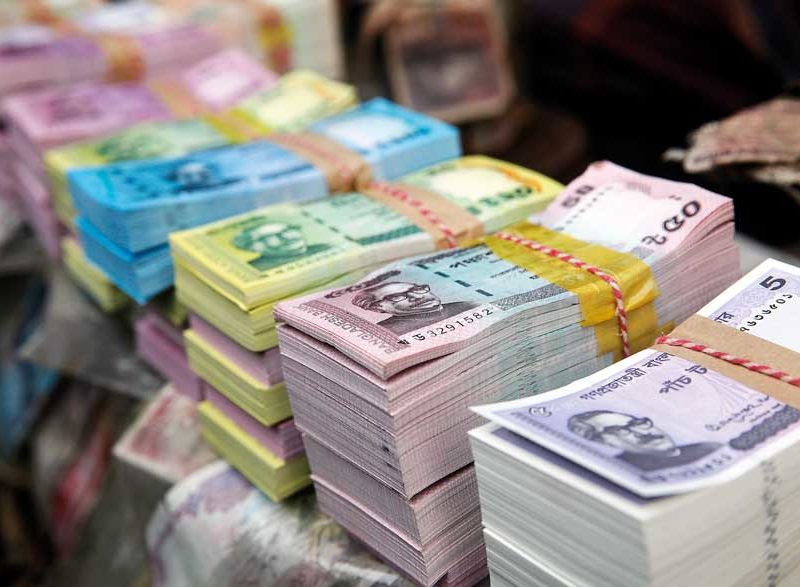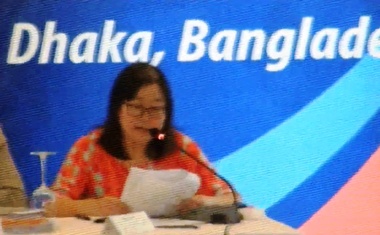In early August, Adecio Piran wrote an article for this Amazon town’s news website announcing a “Day of Fire,” to be started on Aug 10. The post suggested a coordinated criminal effort among local landowners and cattle ranchers to burn newly cleared rainforest — much of it on public land. The unnamed organisers of the collective action, Piran wrote, wanted to draw the attention of President Jair Bolsonaro.
“Because of the larger deforestation rate in this area, people were saying they had to burn fires at the same time to get the attention of the president,” Piran said, “to show there are producers here who want to push ahead with cattle, with the land and be productive in the region.”
But days later, as smoke and fires across the Amazon caught the world’s attention, bringing international outrage and condemnation of Bolsonaro’s gutting of Brazil’s environmental protections, Piran said he was threatened and told to take his article down from the Folha do Progresso news site. When Piran refused, he received death threats. He temporarily fled town and sought protection from the police.
In September, I traveled to this dusty frontier town with a film crew to look into the so-called Day of Fire and to meet with rural producers who appeared to brazenly flout Brazil’s environmental laws.
This year, the nearby Jamanxim National Forest, a federally protected rainforest larger than the size of Puerto Rico, lost 45 square miles of forest cover, the worst deforestation among all protected lands in the Brazilian Amazon. Brazilian satellites confirm much of that cleared land was set ablaze on Aug. 10.
By the time I arrived to Novo Progresso in early September, Brazil’s independent Public Ministry had announced a federal investigation into a possible criminal conspiracy to burn fires, and rural landowners and ranchers were denying the Day of Fire ever happened. Novo Progresso’s civil police had already concluded it was a mere coincidence in timing.
And yet as I spoke with union leaders and ranchers, they admitted to feeling emboldened by Bolsonaro and by their chance to reverse a decades-old grievance against the creation of federal conservation units, like the Jamanxim National Forest.
The mayor of Novo Progresso, Ubiraci Soares Silva, received violations in 2009 and 2017 for destroying a total of 780 acres of unspoiled rainforest inside the Jamanxim National Forest — part of which he later used to graze cattle.
In 2018, a report by Brazil’s National Institute for Colonisation and Agrarian Reform linked Agamenon da Silva Menezes, leader of Novo Progresso’s Rural Producers’ Union, to illegal land-grabbing schemes. It’s a connection he denies.
“The Amazon is ours,” Menezes said. “We will preserve the Amazon, but we will preserve the Amazon according to our needs, not the needs of the world.”
Menezes drove me around Novo Progresso in the direction of the Jamanxim reserve, which the government established in 2006.
“When the Jamanxim Forest was made, it was created on top of 400 or so families. And they’re still in there working,” Menezes said. “That’s why there’s deforestation and burning, because the people there are angry at the attitudes of previous governments.”
Menezes invited me to an annual cow roast in a neighboring town. The atmosphere was more like a populist political rally than a backyard barbecue. Local ranchers and farmers railed against Brazil’s environmental protection agencies and against NGOs working toward preserving the Amazon. Regional leaders heralded Bolsonaro as an ally in their fight to end federal restrictions on land use and to procure private land titles.
The hall full of rural producers had the attention and sympathetic ear of Nabhan Garcia, special secretary of land affairs, who Bolsonaro appointed this year in charge of land reform for the Agriculture Ministry. Garcia is a farmer and rancher himself with a long history of advocating for Brazil’s farm lobby, known locally as the ruralistas.
Garcia shrugged off the Day of Fire as “insanity” and lies cooked up by an “unpatriotic” press. And he made a political promise to the raucous crowd: “All of you, the settlers, will have your titles. And we are absolutely reviewing these shameful conservation units and extensions of indigenous land.”
© 2019 New York Times News Service






















